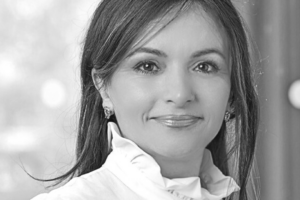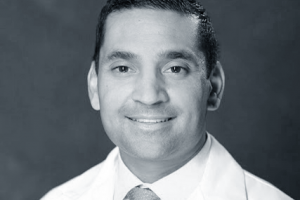contextflow offers a comprehensive suite of services for processing chest CT images. Whether you want to create cohorts of similar patients based on image characteristics or predict risk outcomes or treatment response, contextflow can help in the following areas:
- Objective evaluation of treatment response through lung analysis and anomaly detection
- Forecast disease progression and treatment efficacy
- Early detection of non-responders
- Screening for lung abnormalities in patients with extrapulmonary conditions, such as rheumatic diseases
- Early detection of significant changes or disease trends
- Early adverse effects
Biomarkers for Clinical Trials
Effective clinical trials require precise, objective biomarkers as endpoints that can be evaluated consistently during the trial across both patients and hospital centers. Designed for large-scale batch analysis, ADVANCE Chest CT enables consistent, unbiased evaluation over time from day one.
Treatment Response Tracking
How do you know if your lung cancer treatment plan is working? Quickly and easily view the entire response in one glance with our TIMELINE nodule tracking feature. TIMELINE detects and quantifies lung nodule changes over time for precise and sensitive treatment response assessment. Intuitive color graphs indicate the time-to-double or halve for every detected nodule.
Driving Efficiency
Our AI technology empowers pharmaceutical companies to streamline their research by automatically processing large quantities of data at once and providing results in formats suitable for research. By leveraging our services, you can reduce inter-rater bias in trials and accelerate the evaluation of chest CT scans, ultimately saving valuable time and resources.
Training & Awareness
Using the AI tool as a second opinion in radiological image assessment to identify more patients that need treatment. Discover how contextflow can transform your pharmaceutical research. Get in touch with us today to explore the possibilities of AI-based chest CT image processing for your clinical trials at pharma@contextflow.com.










